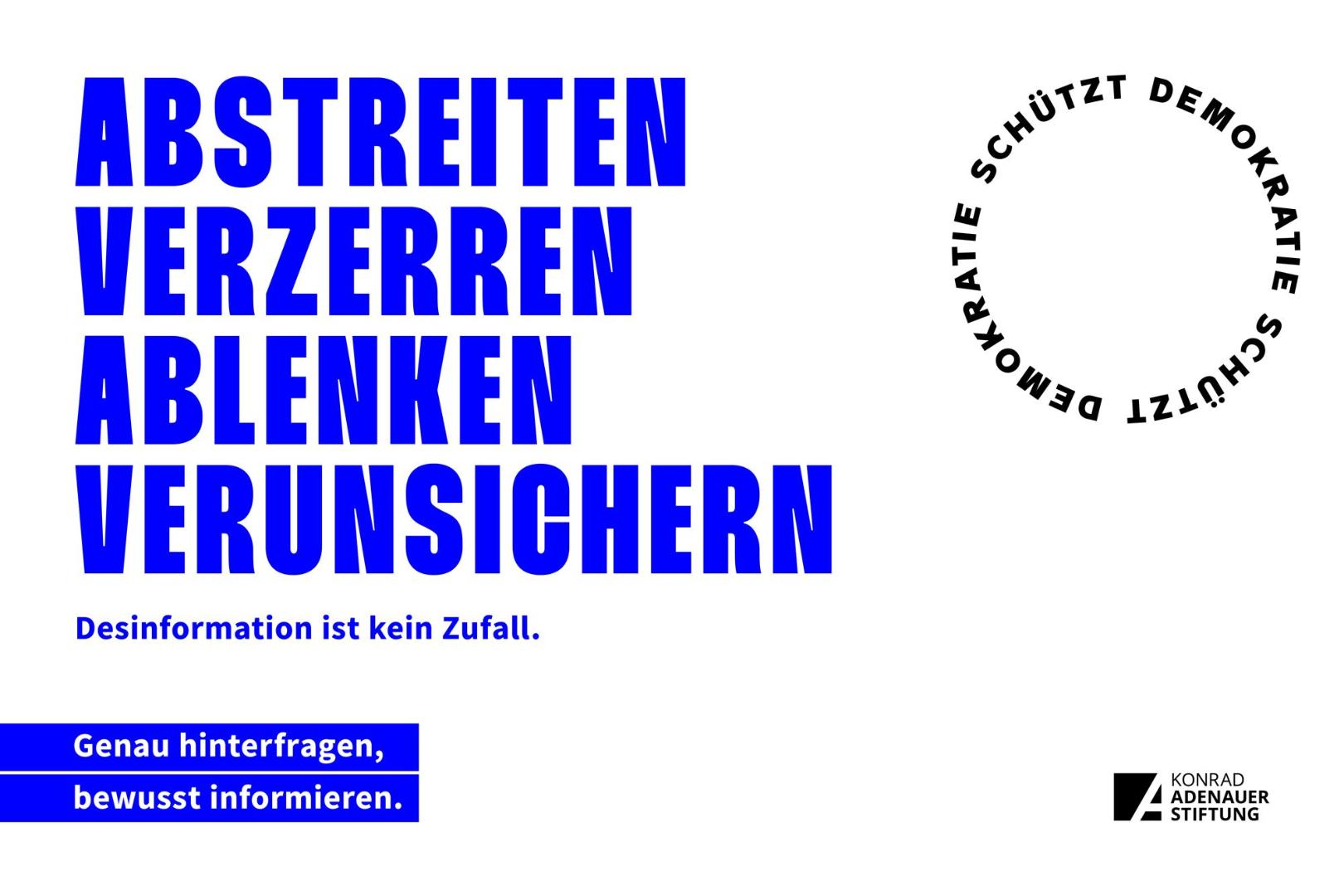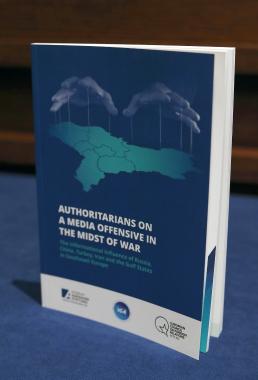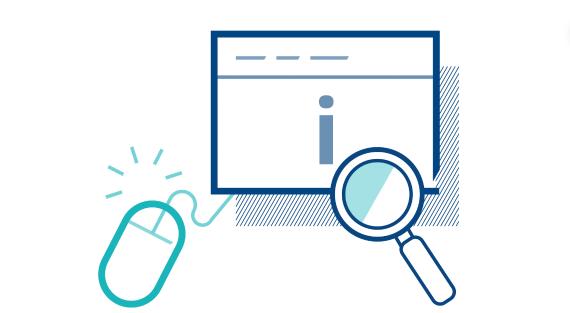Asset Publisher
Disinformation
Threat and danger to democracy and society
Asset Publisher
Disinformation and its dissemination have reached new dimensions in the digital age and can not only cause social divisions but also endanger our democracy.
What is disinformation?
We speak of disinformation when facts are deliberately freely invented, manipulated, misinterpreted and deliberately circulated by various methods. In everyday life, we like to use the term "fake news" for everything that somehow seems wrong or dubious to us. Unfortunately, the term has thus become a political fighting term ("You are fake news!"). The scientific umbrella term is therefore "disinformation", fake news is subordinate to this and one of many types of manipulation.
What types of manipulation of disinformation are there?
Fake News
Fake News is false and/or misleading information circulated with the intention of harming a person, institutions or organisations. Various rumours and false reports are provided with fake "evidence" and combined into one news item. Corresponding contributions from other users flow into the supposed "chain of evidence". In this way, entire fake plots can be created. Often, pictures are simply taken out of context in order to deliberately change a story.
Deep Fakes
Social Bots
Trolle
"Belastungsprobe für die Demokratie – Kampf gegen Desinformation und Narrative"
Workshop Cafe Kyiv
3Q
Disinformation as a weapon in the information war
The Russian war of aggression against Ukraine once again shows the military importance of the information space. The Russian Federation, but also other authoritarian countries, try to influence public opinion in their favour and destabilise democratic societies through disinformation. Especially in times of war, it becomes apparent that disinformation can be used and spread as a weapon in a targeted manner. For example, many reports about Russian attacks are based on pictures and videos that people on the ground take with their mobile devices and spread on social media such as TikTok or via messenger services. Such images and videos shape the information space and can be crucial for disinformation or information of attackers, defenders or the population. They affect morale and provide information about the latest developments in the war.
Disinformation shakes trust in media
Moreover, broad-based disinformation campaigns can have a corrosive effect: By shaking trust in information and its truthfulness, controlled campaigns have the power to affect the credibility of even genuinely trustworthy sources of information. Disinformation can contribute to a considerable questioning of the self-image of journalistic work, its reliability and transparency.
Disinformation manipulates public opinion
Especially in the run-up to elections, disinformation can create a particular political impact, with the aim of manipulating social discussions or degrading the reputation of a person or institution. Politically motivated campaigns are organised either directly by state actors or by mandated non-state actors. In countries without stable democratic conditions, for example, content can also be disseminated by state-controlled media, statements amplified and the political opinion-forming of the population considerably impaired.
Defamation and disparagement are sometimes publicly exposed afterwards as hate speech, but doubts and mistrust often remain. Corrections and truths in the course of once spread disinformation do not reach all consumers of disinformation again.
Society and state need resilience
The forms of disinformation and the way it is disseminated will also "evolve" as the digital transformation continues - it will be a perpetual race between new techniques and practices and new rules or measures to draw boundaries.
To make democracies resilient and steadfast against disinformation, strategic communication is needed alongside independent media, good journalism.
Digital and media literacy must be developed across generations. Through systematic education, state institutions and authorities, as well as journalists in particular, can contribute through their reporting to pointing out the power of "disinformation" and the importance of the information space, and thus to taking action against it.
Asset Publisher
Asset Publisher
Asset Publisher
Publications on this topic
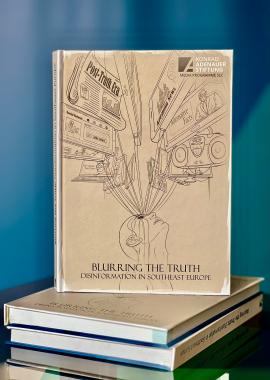
Digital Plague: Disinformation and Fake News in Southeast Europe
New Study by the KAS Media Programme Southeast Europe
-
April 4, 2023
-
Single title

Manipulation and Disinformation in the Metaverse
What Are the Challenges and How to Counter Them?
-
Christopher Nehring
-
March 20, 2023
-
Facts and Findings
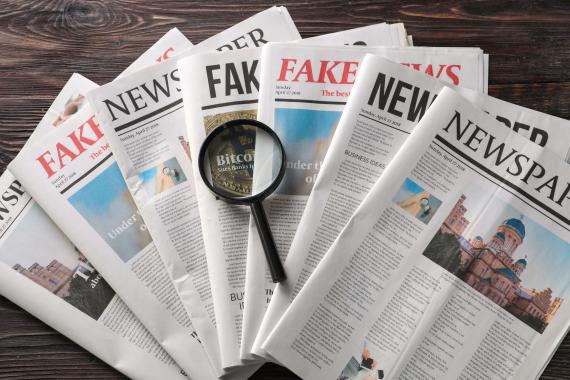 Adobe / Pixel-Shot
Adobe / Pixel-Shot
Which News Can Still Be Trusted?
Fear of Fake News and Trust in Public Media – A Representative Survey
-
Dr. Jochen Roose, Dominik Hirndorf
-
March 20, 2023
-
Monitor
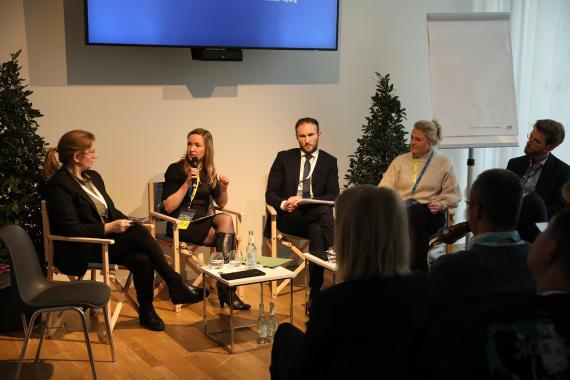 KAS
KAS
Stress Test for Democracy - Fighting Disinformation and Narratives
Workshop Cafe Kyiv
-
Daphne Wolter, Ferdinand Alexander Gehringer, Julia Kramer
-
March 9, 2023
-
Event reports
 Max Volz
Max Volz
The Role of (social) Media in Modern Warfare
Side Event of the Konrad-Adenauer-Stiftung at the Munich Security Conference
-
Ferdinand Alexander Gehringer
-
February 21, 2023
-
Event reports



